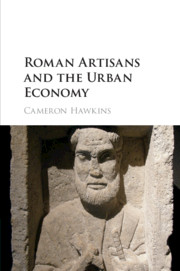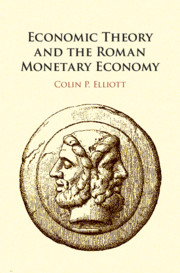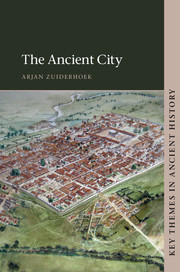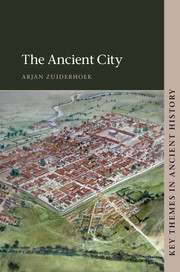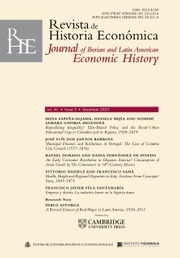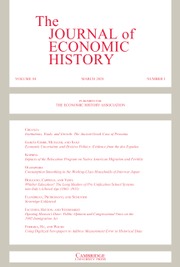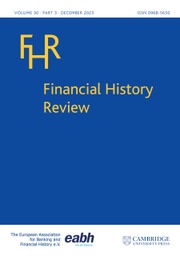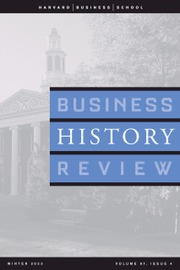Roman Artisans and the Urban Economy
This book offers the first comprehensive study of economic conditions and economic life in Roman cities during the late Republic and early Empire. By employing a sophisticated methodology based upon comparative evidence and contemporary economic theory, the author develops interlocking arguments about the relationship between four key attributes of urban economic life in Roman antiquity: the nature and magnitude of consumer demand; the structure of urban labour markets; the strategies devised by urban artisans in their efforts to navigate their social and economic environments; and the factors that served to limit both the overall performance of the Roman economy, and its potential for intensive growth. While the author's methodology and conclusions will be of particular interest to specialists in economic history, other readers will profit from his discussion of topics such as slavery and manumission, the economic significance of professional associations, and the impact of gender on economic behaviour.
- Provides the first comprehensive study of the economics of urban production in the Roman world, making this book a required read for those interested in Roman economic history
- Pays close attention to the relationship between social and economic behaviour, which will hold considerable appeal for students of Roman culture and society
- Offers an analysis that is informed both by comparative historical evidence and by contemporary economic theory, which will appeal to those interested in new approaches to ancient evidence
Product details
July 2021Paperback
9781107535732
319 pages
228 × 151 × 17 mm
0.475kg
7 b/w illus. 6 tables
Available
Table of Contents
- Introduction
- 1. Seasonality, uncertainty, and consumer demand in an ancient city
- 2. Specialisation, associations, and the organisation of production
- 3. Manumission and the urban labour market
- 4. The artisan household and the Roman economy.

